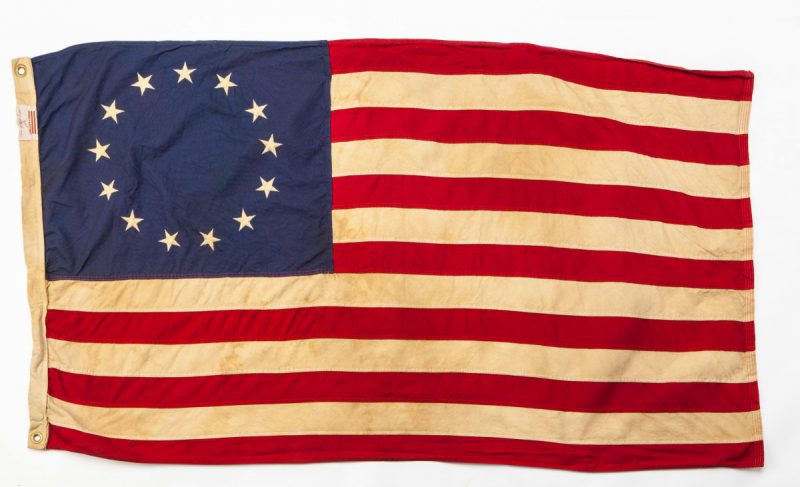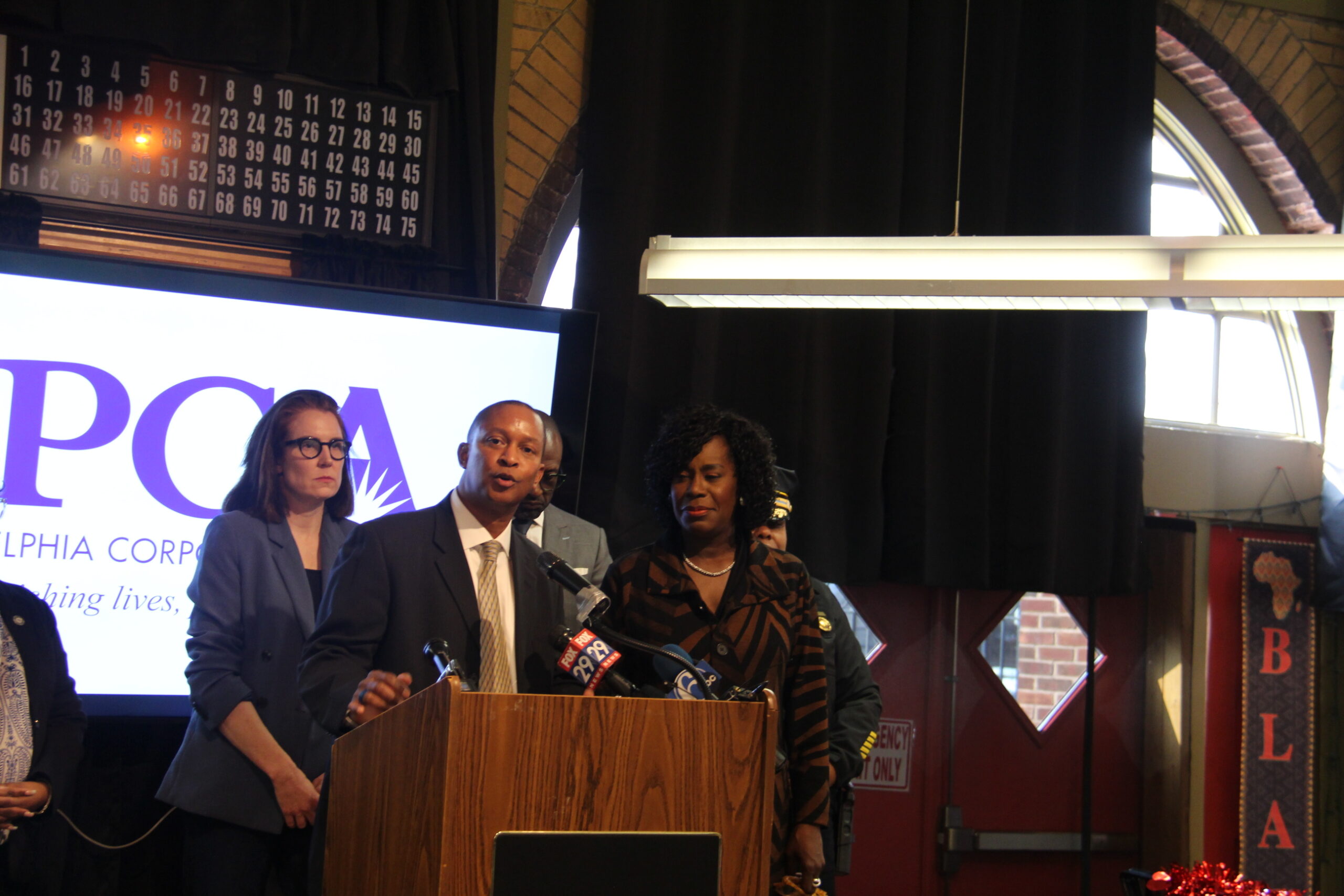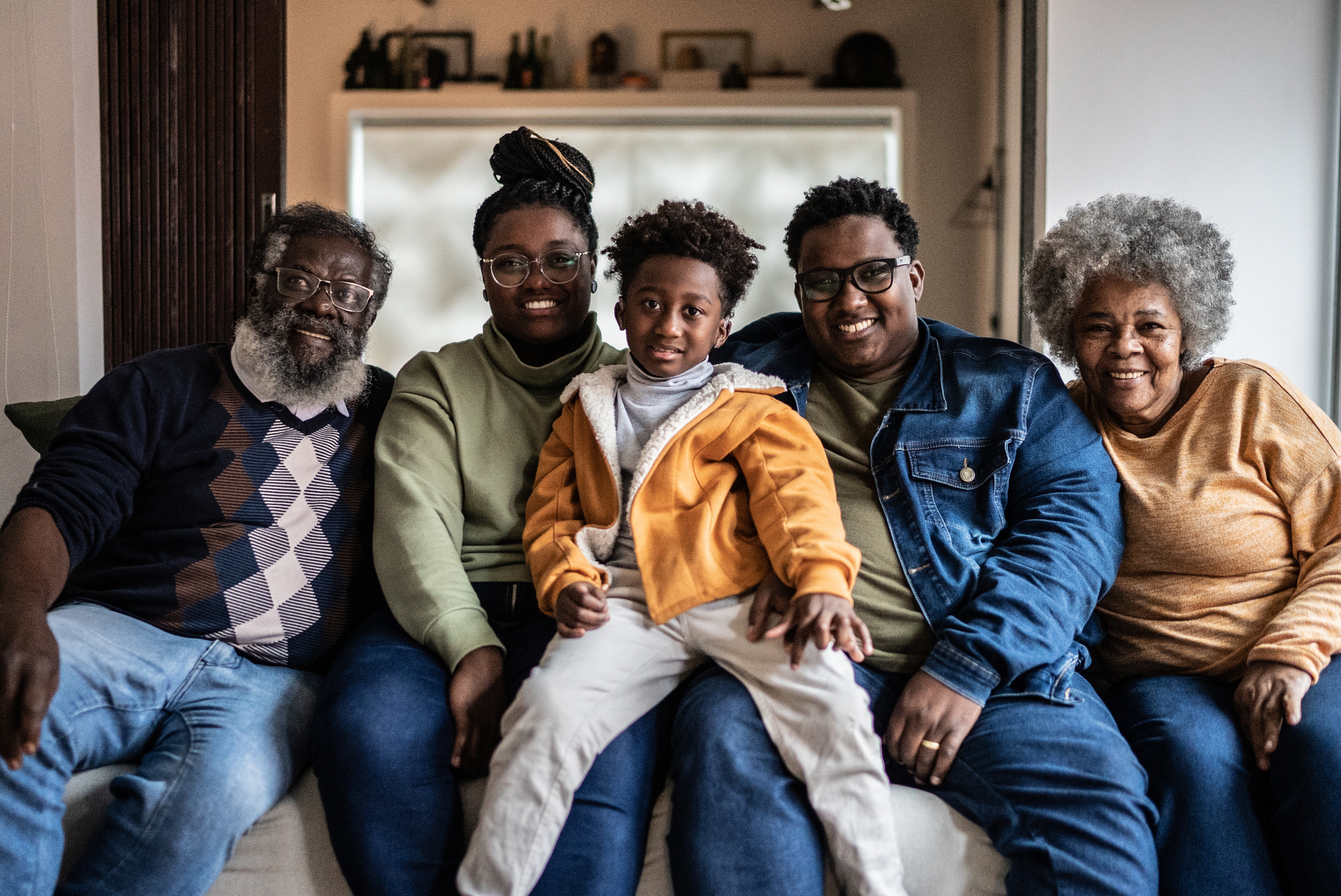Women’s History Month: What’s in a Name?
By Dorothy Stanaitis
Kamala Harris’ name is now recognized around the globe as the first female vice president of the United States. However, there might never have been a United States if not for the dedicated and courageous work of women whose names were not known at all beyond their small circle of friends and families.
In the original 13 colonies, women were generally considered to be domestic, innocent and well-meaning. Their intellect was routinely underestimated. This made it easy for them to become experts in collecting secret information. After all, who would suspect a woman hanging laundry on a line or knitting socks to actually be a master spy? Yet, the colonies were full of them. Philadelphia had its fair share of these innocent-seeming women who served as secret agents for the Revolution.
Among them was a Philadelphia Quaker midwife, herself, the mother of nine children, four of whom died in infancy. Lydia Darragh would hardly be suspected of espionage. But in 1777, her oldest son went against the Quaker family’s religious practice of non-violence by joining the Second Pennsylvania Regiment. This decision changed his mother’s life.
After George Washington lost Philadelphia to the British, the regiment retreated to Whitemarsh to regroup. Back in Philadelphia, the British General William Howe commandeered the Cadwalader House, located near the Darragh home at Dock Creek and 2nd Street. Nearly one-third of the population had evacuated the city and most of those remaining were British sympathizers or Quaker pacifists. As a well-known Quaker family, the Darraghs felt safe remaining in the city. That is, until Dec. 1, when the head of the British Secret Service Major John Andre knocked on the Darragh family’s door demanding to use the home for a special meeting the next day. The family would be permitted to remain in the house, but they would be required to stay in their bedrooms during the meeting.
Worried about the purpose of the meeting, Lydia hid in a closet that adjoined the meeting room so she could overhear what was being planned. Her heart sank as she heard General Howe detailing a British surprise attack on the Colonial Army in Whitemarsh on Dec. 4.
As the meeting broke up, Darragh scurried back to her room and pretended that she had been sleeping when Andre knocked on the bedroom door and told her that she could lock up the house again and go back to sleep. But there would be no sleep that night, as she wrestled with her pacifist religion and her own son’s safety. By morning, Darragh had made her decision.
She devised a plan to go to General Howe’s door and ask for a pass to go to the countryside to buy flour at the Frankford Mill. The pass was granted and allowed her to go through British patrol stops. Early on the morning of Dec. 4, Darragh started her long walk through the snow. After buying 25 pounds of flour, she continued to the Rising Sun Tavern where, according to the private journal of Colonel Elias Boudinot, a woman matching Darragh’s description gave him a needle book with a message rolled up in one of its pockets. The note detailed Howe’s plan to attack Whitemarsh with 5,000 men, 13 pieces of cannon and baggage wagons. Passing on that information was not only a violation of Quaker pacifism, but it also put her in danger of being hanged as a spy.
Due to Darragh’s courage and determination, Washington was able to prepare for the battle. After four days of fighting, the battle ended in a standoff. Howe marched his troops back to Philadelphia and returned to his home, across from the gentle, Quaker midwife, Lydia Darragh.
A woman known as “Old Mom” Rinker seemed even more innocent. Considered frail and incompetent, Molly Rinker ran the Buck Tavern in Germantown with her husband, until the British commandeered the building and sent her husband away. Rinker had to stay to serve the British troops. And, serve them she did, bringing strong drinks every evening after dinner. When she finally went to her room at night, it wasn’t to sleep. She wrote meticulous and copious notes full of information that the soldiers had discussed all evening while drinking. She wrapped her notes around stones, then wound knitting yarn around all the information.
Each afternoon, Rinker would sit on a rock overlooking Fairmount Park’s Walnut Lane Bridge and knit socks. The British paid no attention to the domestic older woman. If they had, they might have noticed that she often dropped her ball of yarn over the cliff into the bushes below. But others did notice.
George Washington had stationed the Green Mountain Boys nearby. They would collect the dropped yarn balls and take them back to headquarters where the balls would be unraveled, revealing the messages detailing planned British movements.
It is said that Rinker’s information was instrumental in the Battle of Germantown. Although that was a British victory, American General John Armstrong said that without this brave woman’s help, his troops would have been doomed.
At the time, aiding American troops was considered treason. Yet, many women bravely did just that, taking care that their own names were kept deeply secret and never mentioned.
Dorothy Stanaitis, a certified Philadelphia Tour Guide, writes about history and nostalgia.




